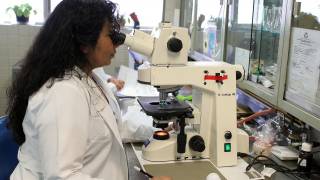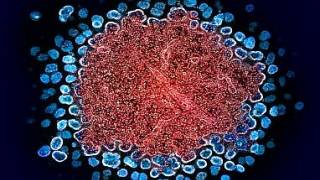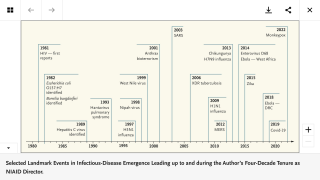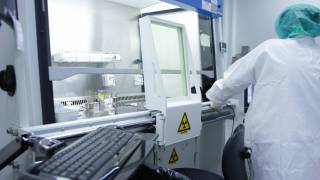Germline-Targeting HIV Vaccine Candidate Prepares Phase 1 Study
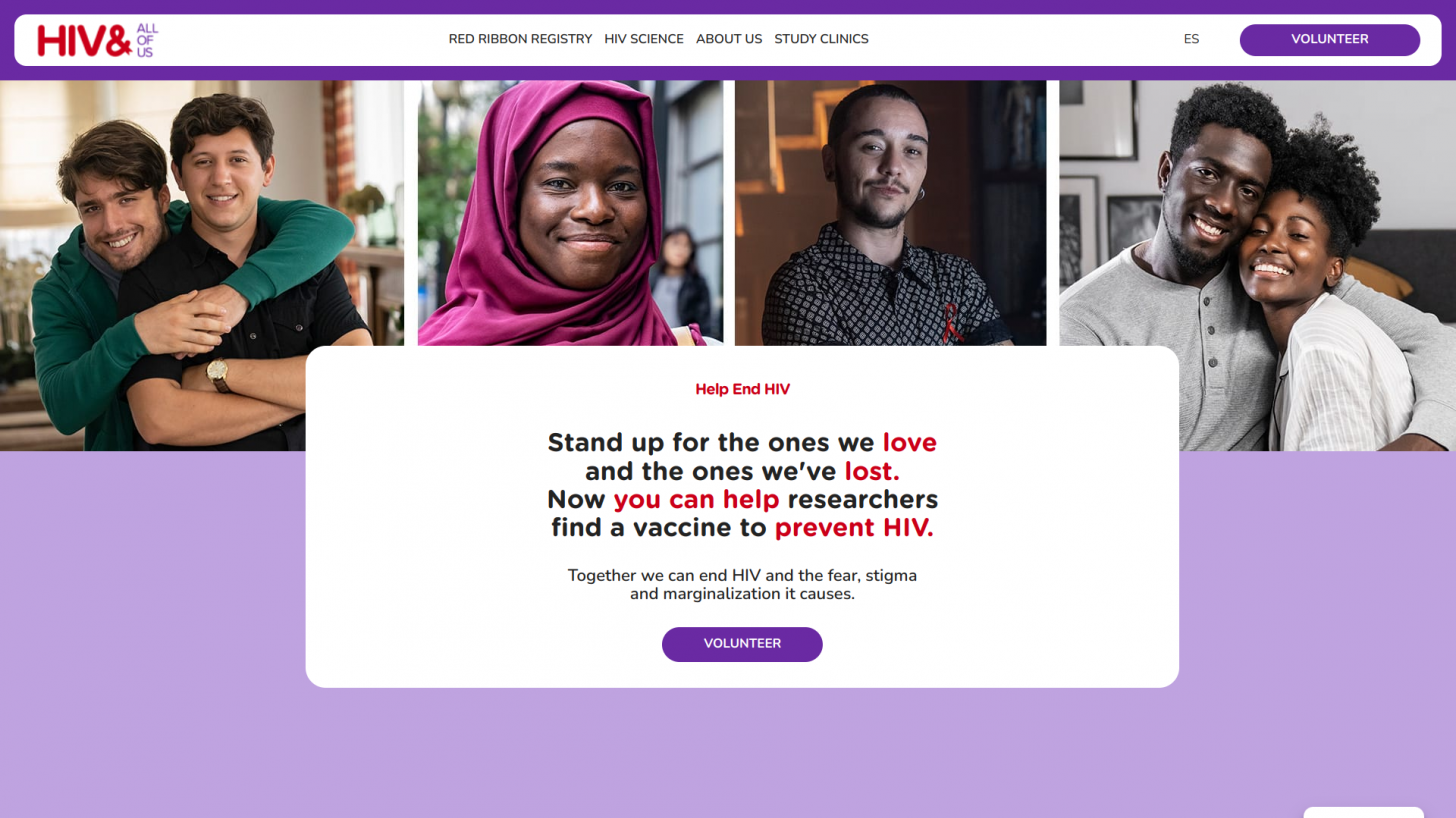
After nine years of refinement at Fred Hutchinson Cancer Center in Seattle, a different kind of HIV vaccine candidate is nearing its first testing in human volunteers.
This innovative HIV vaccine is intended to train a person’s immune system to mount a robust antibody response against the virus that causes AIDS.
The HVTN 301 phase 1 clinical trial is among the first studies to try out this next-generation vaccine concept known as germline targeting.
The strategy involves cultivating rare lineages of B cells that, while lacking the right stuff to make broadly neutralizing antibodies, are close to doing so, wrote Sabin Russell with the FRED HUTCH NEWS SERVICE on May 19, 2022. Excerpts are inserted below.
Half of those enrolled will receive a single dose of the vaccine at the start, but the other half will get their initial vaccination through six mini-doses, spread over three weeks.
Starting with a dose that is just 2% of the amount given to others in the single shot, the dosages more or less double in each successive mini-shot — so their last injection will bring the combined total to 100% — the same as the others received at once.
The successive vaccines drive the maturation, or evolution, of the B cells until they can bring the desired antibodies across the finish line.
“Our germline-targeting immunogen targets a class of broadly neutralizing antibodies, called VRC01, that have similar characteristics but are not identical,” commented Dr. Leo Stamatatos in the article.
“Within that class, there might be hundreds of slightly different versions of those VRC01 antibodies, first identified in 2010, making it even more difficult for the virus to evade them through mutations.”
By itself, the Hutch immunogen is not capable of stopping HIV.
It will be the first of at least three slightly different vaccines if it performs as hoped.
Given in a stepwise sequence, the series is designed to coax the body’s immune system into making “broadly neutralizing antibodies,” a rare breed of freakishly powerful immune proteins better equipped to block the virus.
Broadly neutralizing antibodies are so named because they bind to the surface of HIV in places that this virus — a shape-shifting master at immune evasion — cannot easily sidestep. HIV escapes antibodies by rapidly mutating, but the mutations it would need to slip past broadly neutralizing antibodies can damage the virus itself.
While scientists believe that several types of broadly neutralizing antibodies can stop HIV, the challenge has been to get the body’s B cells to make them following vaccine stimulation.
They do not come easily.
Traditional HIV vaccines have never generated them, none of which have successfully prevented infection in four decades of study.
“Finding an HIV vaccine has proven to be a daunting scientific challenge,” stated Anthony S. Fauci, M.D. NIAID director, in a media release issued on March 14, 2022.
“With the success of safe and highly effective COVID-19 vaccines, we have an exciting opportunity to learn whether mRNA technology can achieve similar results against HIV infection."
Previously, the HIV Vaccine Trials Network launched a new HIV awareness campaign and unveiled a first-of-its-kind national registry that offers access to updated HIV information and makes it easier to learn about and participate in HIV clinical trials at HelpEndHIV.org.
Furthermore, the U.S. CDC says, ‘There are no vaccines to prevent or treat HIV, but people with HIV can benefit from vaccines against other diseases.’
‘If you have HIV infection and your CD4 count is 200 or greater, talk with your doctor about these vaccinations.'
Note: On April 1, 2022, Fred Hutchinson Cancer Research Center and Seattle Cancer Care Alliance became Fred Hutchinson Cancer Center, a single, independent, nonprofit organization that is also a clinically integrated part of UW Medicine and UW Medicine’s cancer program.
PrecisionVaccinations publishes fact-checked, research-based vaccine news curated for mobile readership.
Our Trust Standards: Medical Advisory Committee

